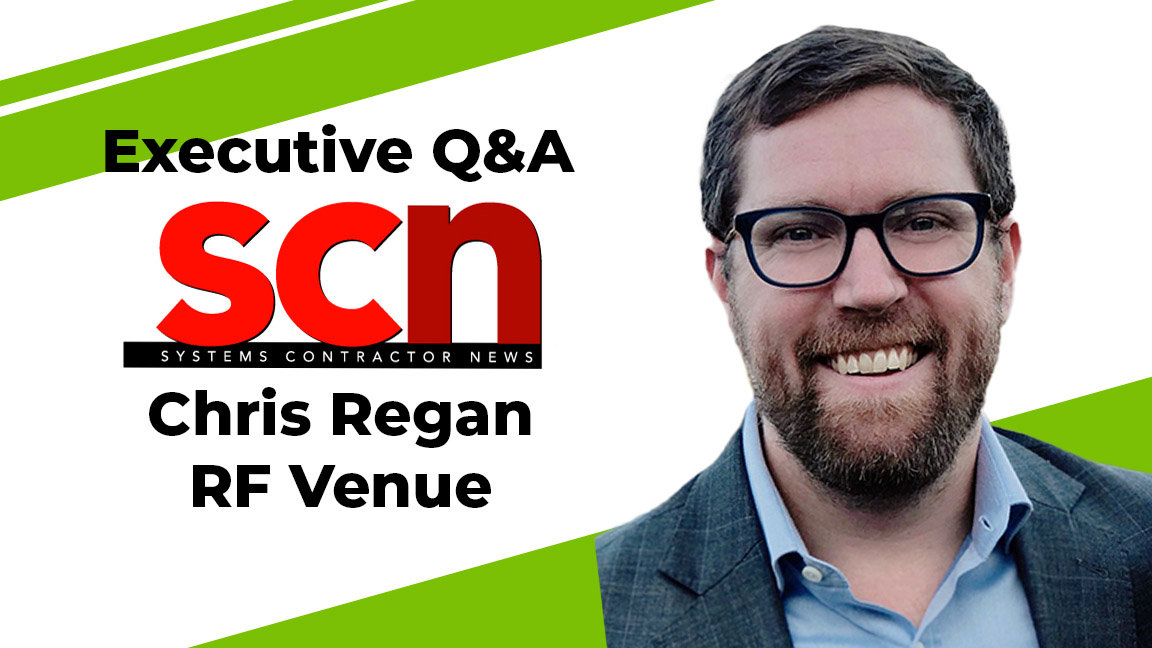Combustible Combination For Business
Follow us
Add us as a preferred source on Google
Get the AVNetwork Newsletter
A daily selection of features, industry news, and analysis for AV/IT professionals. Sign up below.
By submitting your information you agree to the Terms & Conditions and Privacy Policy and are aged 16 or over.
You are now subscribed
Your newsletter sign-up was successful
An account already exists for this email address, please log in.
Subscribe to our newsletter
- In an attempt to perform proper business planning for next year, most companies reflect on their previous year's performance in the fourth quarter. Budgeting, strategy, competitive landscape, new markets, new products, recruitment plan, bonus structure and corporate direction are a part of an executive's vernacular during this quarter. Realistically, how many companies are truly measuring this performance from the current year based upon last year's conversations regarding these topics? Probably, very few.
- The content of these planning meetings are more art than science, fluff versus substance, counter-productive and many times irrelevant. A novel could be written on the various topics for the reasons why; we will only focus on a few.
- Let's focus on the customer. While trying to answer the question, "How do we get more clients?" you need to look at your current clients to better understand the type of clientele you want to acquire. The worst combination is not having a clear CRM (customer relationship management) strategy and no plans on enhancing the customer experience. This "combustible combination" could either propel your company growth if you have it or blow it up if you don't. Many companies fail. Some of the reasons why they failed are poor sales strategy wrapped with deplorable customer experience. The results are lost market share, fleeing talent, low or no profitability, or the worst, going out of business.
- CRM strategy is something worthwhile and mission-critical if you ask the right questions. By asking the right questions, the answers will probably shock you, but more importantly, help set the right course for your company's ship. Some of the questions you should be asking are:
- What is our customer retention rate?
- Why do we lose customers?
- Why do we win customers?
- What is our cost of customer acquisition?
- What does it cost our company for each client we lose for the next 12 months in revenue and profitability?
- How much of our profitability this year is attributed to new customers versus existing customers?
- Once you get the answers to these questions, you are now armed with information to help you formulate opinions, strategize and set direction. Getting the right metrics may sometimes confuse or distort the planning process by subjecting yourselves to "analysis paralysis."
- You need to break out your numbers: revenue and profitability by customer. Top-line numbers always look great, but you won't make the next payroll if your bottom-line numbers aren't in positive territory. Create a matrix of your top 50 customers by revenue, then by profitability, then by revenue potential over the next 12 months. Identify the customers that constantly appear in your top 10. The businesses and industries those clients are in are the ones you need to target next year. Purchase lists for those businesses and industries and use your clients as references and case studies. This is how you can exponentially grow your business by going after new clients in an area where you have already had success. Use your current assets to build new assets. Your client base is one of the most valuable assets your company possesses.
- One strategy for next year on how to plan a credible and successful customer retention plan is using "The Five Fs Plan" through a questioning process with your client:
- 1. Functions-How do your products and services meet your client's mission-critical needs?
- 2. Finances-How does their initial purchase and ongoing purchases of your products and services affect their overall financial situation, not just the price of the products and services, but other savings such as increased productivity?
- 3. Freedom-How will they gain more time and less worry in other aspects of their business and personal lives? Less time on redundant tasks at work equals more quality time with family and personal life.
- 4. Feelings-How does your product and services make them feel about their role in the project and how does the end result affect them at their company? Also, once the initial project is completed, do they like and respect your salesperson and your company?
- 5. Future-How will they deal with your products and services along with your company over time? How will your product and services affect their position at their company in the upcoming years, and will they have an increased comfort-level by using your company?
- This plan will uncover why customers are doing business with you and the experience they have with your company. As noted earlier, without a clear CRM strategy and enhancing the customer experience, you won't have much of a business moving forward. Business is tough enough with the right information. I can't imagine what it must be like without any of the right information. Combustible combinations such as lack of CRM strategy and enhancing the customer experience can create collateral damage across the entire organization.
scn Newsletter
A daily selection of the top stories for AV integrators, resellers and consultants. Sign up below.
TOPICS
